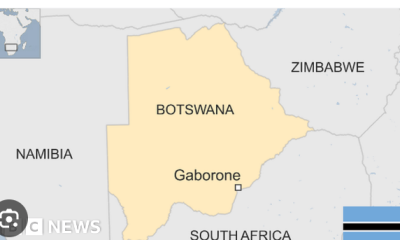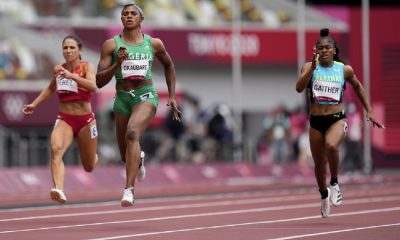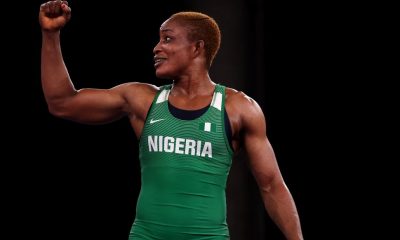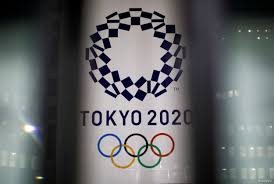News
BREAKING: 10 Nigerian Athletes Disqualified From Tokyo 2020 Olympics

The Athletics Integrity has given marching orders to ten Nigerian athletes in the ongoing Tokyo 2020 Olympics, summarily dealing a fatal blow to their hopes of winning a medal.
This means the affected athletes will not participate in the mundial all sport festival.
Athletics Integrity Unit announced the disqualification of the ten athletes in a statement on Wednesday.
The Athletics Integrity Unit is an independent body created by World Athletics that manages all integrity issues – both doping and non-doping.
According to the statement, a total of 20 athletes were ineligible with Nigeria being the most affected.
Other countries affected are Belarus, Ethiopia, Kenya, Morocco, and Ukraine.
The athletes were disqualified for not meeting the minimum testing requirements under Rule 15 governing National Anti-Doping Federation.
However, top Nigerian athletes – Blessing Okagbare, Tobi Amusan, Ese Brume, Divine Oduduru, and Chukwuebuka Enekwechi – are not affected.
The statement titled, “20 athletes not eligible for Tokyo 2020 as minimum testing requirements not met by ‘category a’ federations”, read in part, “Despite significant improvements in the domestic testing programmes in countries categorised as being the highest doping risk to the sport under the World Athletics Anti-Doping Rules (Anti-Doping Rules), 18 athletes from the final entries for the Tokyo Olympic Games are not eligible to compete because the minimum testing requirements under Rule 15 of the Anti-Doping Rules were not met by ‘Category A’ Federations.
“In addition, two athletes from Kenya were replaced by the National Federation prior to the submission of their entries to World Athletics.
“Nigeria is the most affected country, not meeting the minimum testing requirements under Rule 15 for 10 athletes.
“Nigeria was included in Category A at the start of 2020 following a continued period of weak domestic testing levels.
Tokyo 2020 Olympics: Germany Defeat D’Tigers 99-92
“Under the framework of Rule 15 governing National Federation Anti-Doping Obligations, which came into force in January 2019, National Federations are accountable for ensuring appropriate anti-doping measures are in place in their respective jurisdictions.
“Among other things, the Rule sets out minimum requirements for testing on the national teams of ‘Category A’ federations deemed to have the highest doping risk and considered as a threat to the overall integrity of the sport.
“The key requirement in Rule 15 is that an athlete from a ‘Category A’ country must undergo at least three no-notice out-of-competition tests (urine and blood) conducted no less than 3 weeks apart in the 10 months leading up to a major event. Only then do they become eligible to represent their national team at the World Athletics Championships or the Olympic Games.
“For the year 2021, the seven identified ‘Category A’ National Federations are: Belarus, Bahrain, Ethiopia, Kenya, Morocco, Nigeria, and Ukraine. The relevant data for the number of athletes from each federation for whom the testing requirements of Rule 15 were not met is set out in the table below:
“In the lead-up to the Tokyo Olympic Games, the ‘Category A’ Federations, in partnership with their respective National Anti-Doping Organisations (NADOs), generally made significant progress with respect to their domestic testing programmes.”
Send Us A Press Statement Advertise With Us Contact Us
And For More Nigerian News Visit GWG.NG










